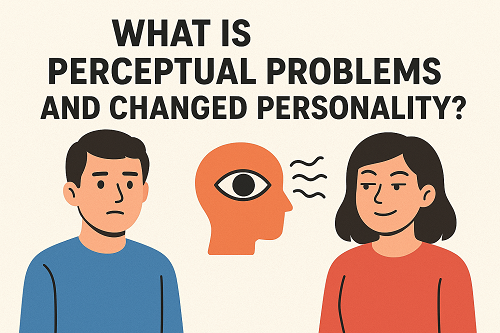Some areas of the brain are concerned with personality, behaviour and
an awareness of the environment in which we live. When these brain cells
are damaged by a stroke the patient may behave differently and will no
longer respond to the environment in the same way as before. This will be
less obvious to outsiders than a loss of mobility or a speech defect but it can
be very distressing for relatives and friends.
Perceptual problems include a loss of awareness of the shape of the
body and its position in space, difficulty in judging distances and so
bumping into things, confusing left with right and the inside of a garment
with the outside which makes dressing a problem, difficulty in
differentiating an object from its background so that it is not possible, for
example, to pick an apple out of a bowl of apples, and difficulty in
recognising a problem and setting about finding a solution.
After a stroke some people (particularly with right-sided paralysis)
have a tendency to be anxious, cautious and disorganised when facing an
unfamiliar problem. Breaking down the task into simple stages and giving
plenty of feedback and encouragement will help. Other people (particularly
with left-sided paralysis) tend to be impulsive and over-estimate their
abilities, for example, to think they can drive a car when they cannot even sit
up straight or walk across the room without bumping into furniture.
Another effect of a stroke may be a loss of the persons, ability to guide
and check their own behaviour. A shy person may become immodest and
aggressive and a quiet person noisy. A previously good conversationalist
may become a repetitive bore while someone who was always careful with
money now spends it on impulse. Aggressive outbursts of temper,
inappropriate swearing and the constant repetition of a word or action over
and over again are not uncommon.
Expert help will be needed to identify an individual’s specific problem
and this may be obtained from an occupational therapist, a psychologist, a
speech therapist or a doctor.
